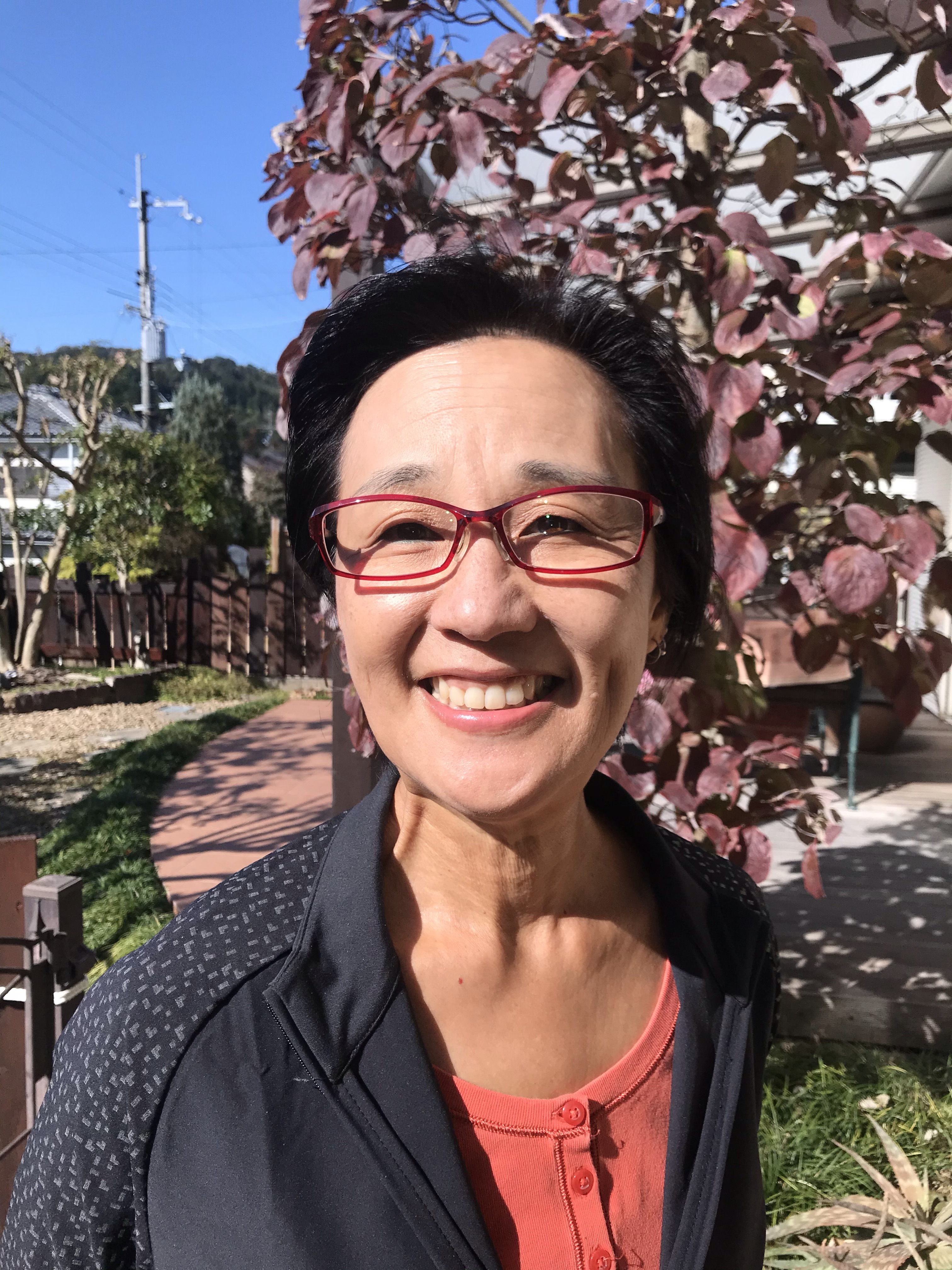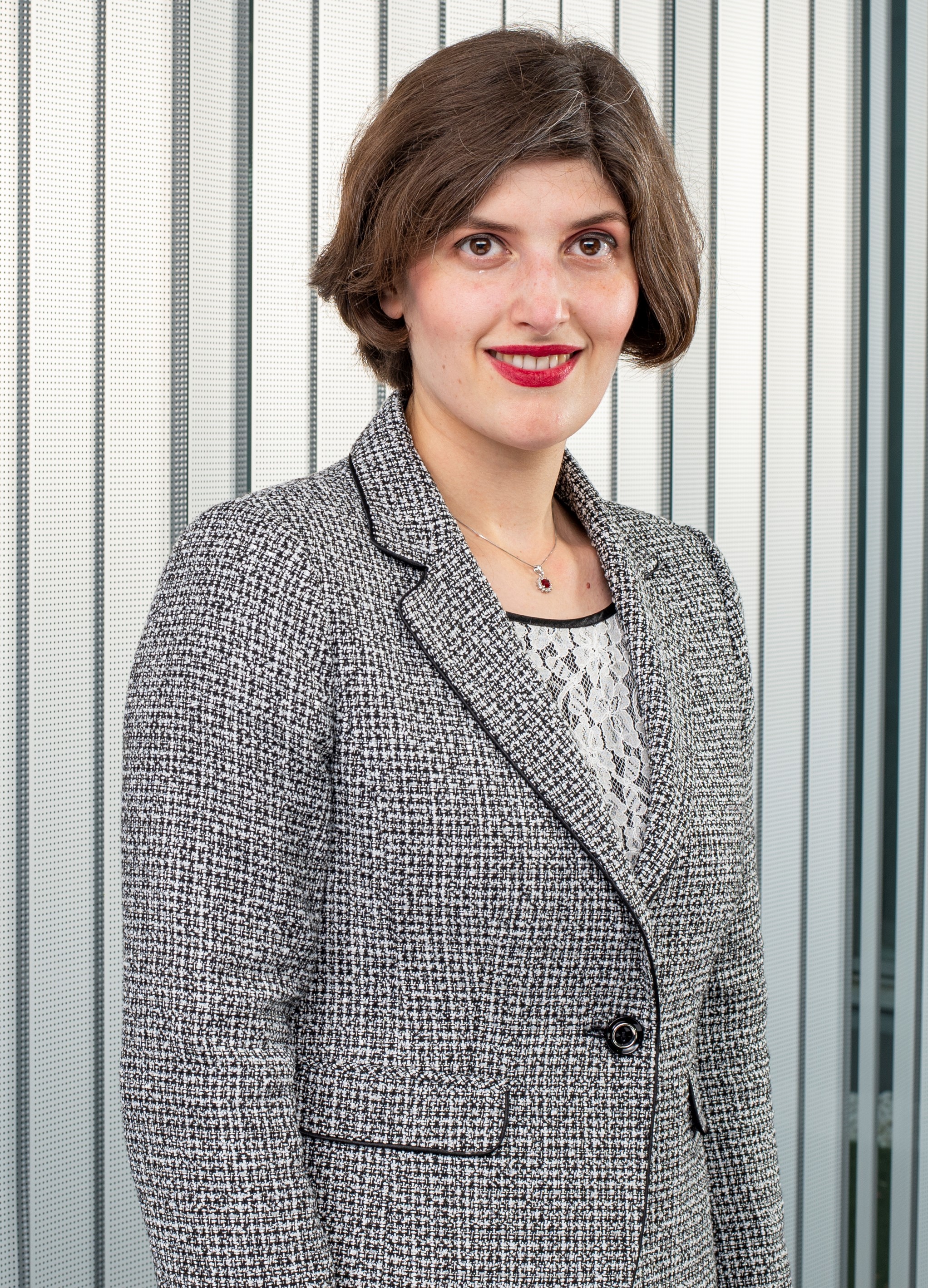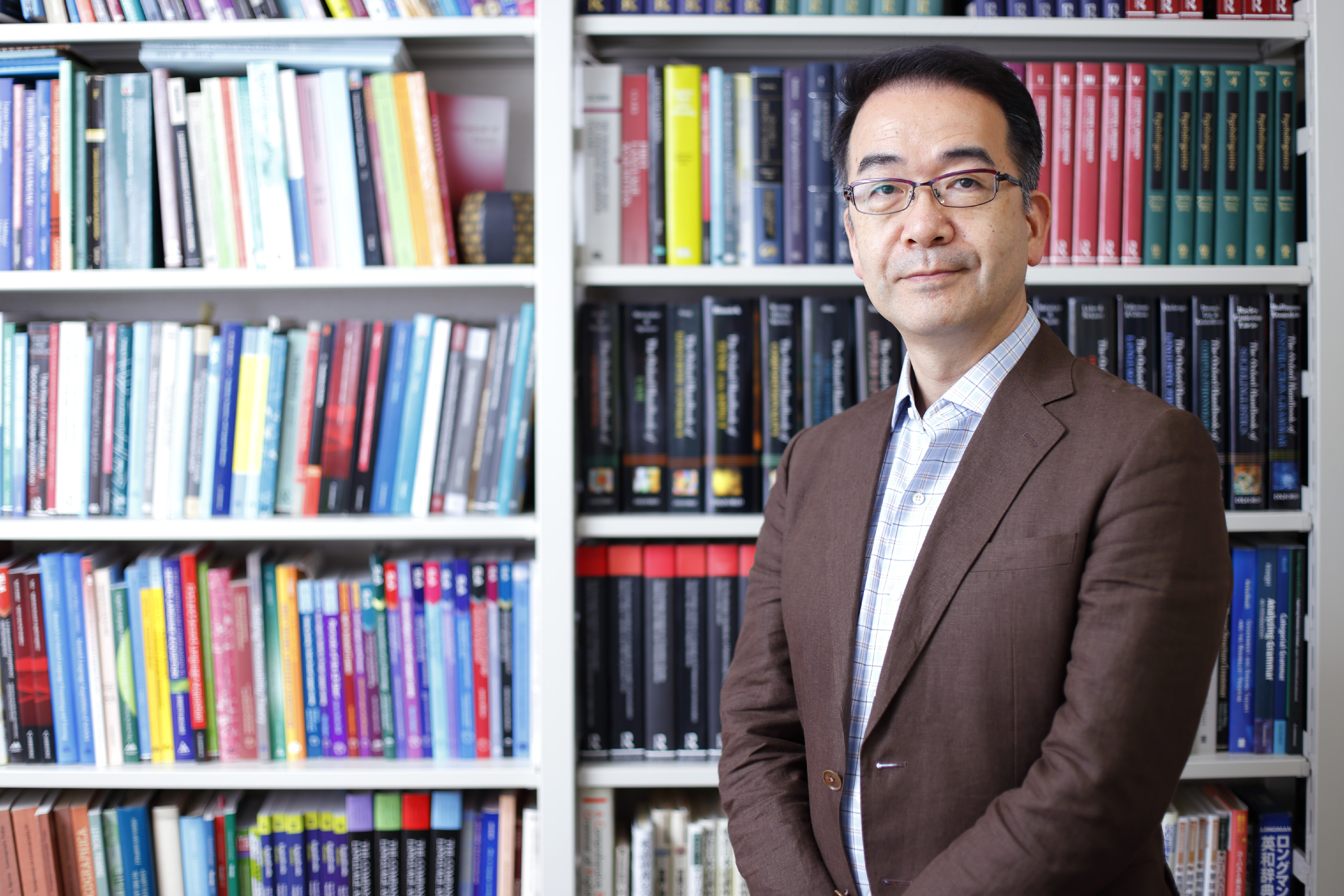PanSIG 2022 Plenary Speakers
-

Saturday July 9, 09:00-09:50 Dr. David Beglar
The Well-Balanced Individual: A Challenge for Educators
On an individual level, a key purpose of education is to bring forth the latent abilities that exist in each person. On a societal level, a primary purpose is to contribute to the emergence of an ever-advancing civilization. These purposes are intimately related and can be achieved when individuals act on the basis of an evolving set of knowledge and skills that has practical and beneficial applications, positive emotional health, an ethical foundation in which the welfare of others is important, and an ability to think creatively. Although foreign language teachers are primarily responsible for supporting their students in their efforts to perform the challenging task of acquiring an additional language, foreign language classrooms can—and arguably should—be the site of more diverse types of learning that help learners develop their innate abilities in ways that touch on four aspects of what it means to be human: cognition, affect, ethics, and creativity. These four overlapping aspects can be embedded in language-learning tasks in ways that can potentially lead to cognitive development, the healthy expression of emotion, ethical thinking, and new and interesting angles on ideas and ways of acting in the world.
-

Saturday July 9, 17:00-17:50 Ann Mayeda
“We are Japanese, our common language is Japanese so why should we speak to our peers in English?” This an oft heard refrain from not only my learners but also in society at large. While this might be true to a degree, in this presentation I will suggest some reasons why this might not be quite the right attitude towards gaining proficiency and may hold a key to Japan’s stagnant global English proficiency rank. I will share some of the insights into what I learned during my work over the last several years with teachers and young learners in Nepal and in the Philippines. Both countries have fought, debated and glorified the role and impact of English, but have nonetheless claimed it as one their own. Japan has fought, debated and glorified the role and impact of English, but has not yet claimed it as one of their own. A small shift in perspective in our classrooms and in our teacher-training programs might go a long way in developing an “English-user” identity. In this brief talk, I hope to provide a few illustrations of how I came to this realization and how it might impact how we teach, the resources we use, and how our learners learn.
-

Sunday July 10, 09:00-09:50 Mehrasa Alizadeh
Reimagining Technology Enhanced Language Learning: Looking Back, Moving Forward
Technology enhanced language learning (TELL) has evolved considerably since its early days, and immersive technologies such as augmented reality and virtual reality will significantly transform the way we approach learning moving forward. It is therefore important for academics and professionals to know about immersive learning and how it can help reimagine the future of TELL. In fact, immersive technologies have made their way into different sectors and industries such as entertainment, arts, manufacturing, marketing, healthcare, and education. Aside from their use in content knowledge acquisition, immersive technologies provide affordances that are highly valuable for learning such as sense of (co-)presence, embodied interaction and communication, and emotional engagement. However, their use is still limited in language education due to reasons such as low access to resources and unfamiliarity of teachers with immersive learning design. In this talk, I will introduce immersive technologies and argue that these technologies will immensely change the way we interact with digital media in future iterations of the Web. In the rest of my talk, I will connect that introduction to recent trends of research and practice in immersive learning and the affordances and challenges of these technologies in creating novel learning experiences. I will also touch upon the impact of the COVID-19 pandemic on development and implementation of immersive technologies in learning contexts.
Click on this sentence to see an interview with the conference chair.
-

Sunday July 10, 13:30-14:20 Yukio Tono
(Re)imagining language education in relation to the CEFR/CV and the CEFR-J
Since the publication of the CEFR in 2001, policymakers, researchers and teachers in foreign language education around the world have started to use the framework to review their own systems and practices. This includes the structure and content of language syllabuses, textbooks and teaching materials, as well as instructional and assessment methods. The publication of the Companion Volume (CEFR/CV) in 2020 will further concretise the principles of the CEFR and re-propose a new framework for language teaching, including sign languages, mediation skills and online communication. The application of the CEFR, with its extremely broad scope, can sometimes be a hindrance to a sound understanding of its principles and fundamental concepts, which can lead to applications based on superficial knowledge. It is also true that it is difficult to implement language education policies that cover the full range of the CEFR. In this talk, I will give an overview of the CEFR and the CEFR/CV and discuss the implications of using the CEFR as a common framework for all languages. As an example of focused applications, I will argue what the future of intelligent CALL based on the selection and arrangement of language materials by the CEFR levels would be like. Finally, as Principal Investigator of the CEFR-J, a localization project of the CEFR in Japan, I would like to consider what is needed for the CEFR to truly take root in foreign language education in Japan.